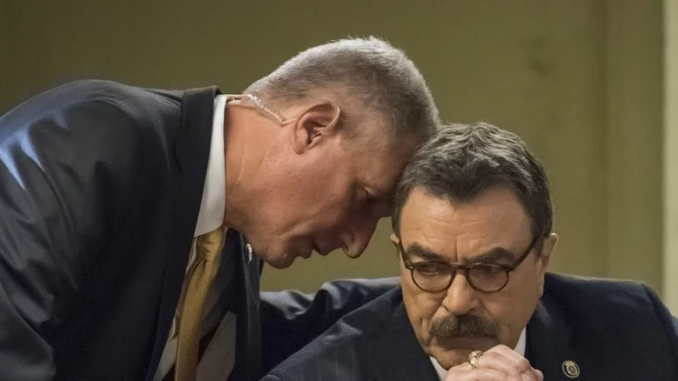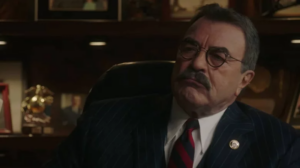
Following Blue Bloods’ Series Finale, Tom Selleck Gets Real About The ‘Danger’ Of Doing A Show For So Many Years And How He Avoided That With Frank Reagan
The Challenges of Longevity in Television
After the series finale of Blue Bloods, Tom Selleck opened up about the unique challenges of starring in a long-running television show. Playing Frank Reagan, the stoic and principled Police Commissioner of New York City, Selleck has been the backbone of the show for over a decade. However, he acknowledged the inherent “danger” of staying in a role for so many years, including the risks of creative stagnation and audience fatigue.
In a candid interview, Selleck reflected on how shows with lengthy runs often struggle to maintain freshness and relevance. “There’s always a danger that you might start repeating yourself or that the character could become stale,” he said. For Selleck, avoiding this pitfall required a conscious effort to evolve Frank Reagan while staying true to the character’s core values.
Frank Reagan’s Consistent Yet Evolving Role
One of the keys to Selleck’s success with Frank Reagan was his ability to strike a balance between consistency and growth. While Frank’s moral compass and leadership style remained steadfast, the writers and Selleck worked together to explore new facets of his personality and challenges. Over the course of 14 seasons, Frank faced evolving social issues, internal conflicts within the NYPD, and personal struggles, all of which kept the character dynamic and relatable.

Selleck credited the show’s commitment to authentic storytelling as a major factor in maintaining Frank’s appeal. “The writers were always willing to tackle difficult topics, whether it was police reform, family loyalty, or generational conflicts,” he explained. “That gave me plenty of material to work with and kept the character engaging for me and the audience.”
Avoiding the Trap of Complacency
For Selleck, avoiding complacency also meant investing in Frank’s relationships, particularly with his family. The Reagan dinner table scenes became iconic for their emotional depth and honesty, providing a platform for Frank to show vulnerability and connect with his children on a deeper level. These moments humanized Frank, ensuring that he remained more than just a figure of authority.
Selleck also emphasized the importance of collaboration in keeping the show fresh. “The cast and crew were like a family. Everyone brought their best to the table, and that energy kept us all motivated,” he said. “It’s that teamwork that made the show what it is.”
Reflecting on the Series Finale
As Blue Bloods came to a close, Selleck expressed gratitude for the journey and the fans who made it possible. “It’s rare to be part of something that resonates with people for so long,” he said. “I’m proud of what we accomplished and the stories we told.”
Selleck’s reflections highlight the unique challenges and rewards of long-term television success. By staying true to Frank Reagan’s character while embracing growth and collaboration, he avoided the pitfalls that often accompany such lengthy roles.
The Legacy of Frank Reagan
As fans bid farewell to Blue Bloods, Tom Selleck’s portrayal of Frank Reagan stands as a testament to the power of thoughtful storytelling and character development. His ability to navigate the “danger” of longevity ensures that Frank’s legacy will endure, both as a symbol of integrity and as the heart of the Reagan family.